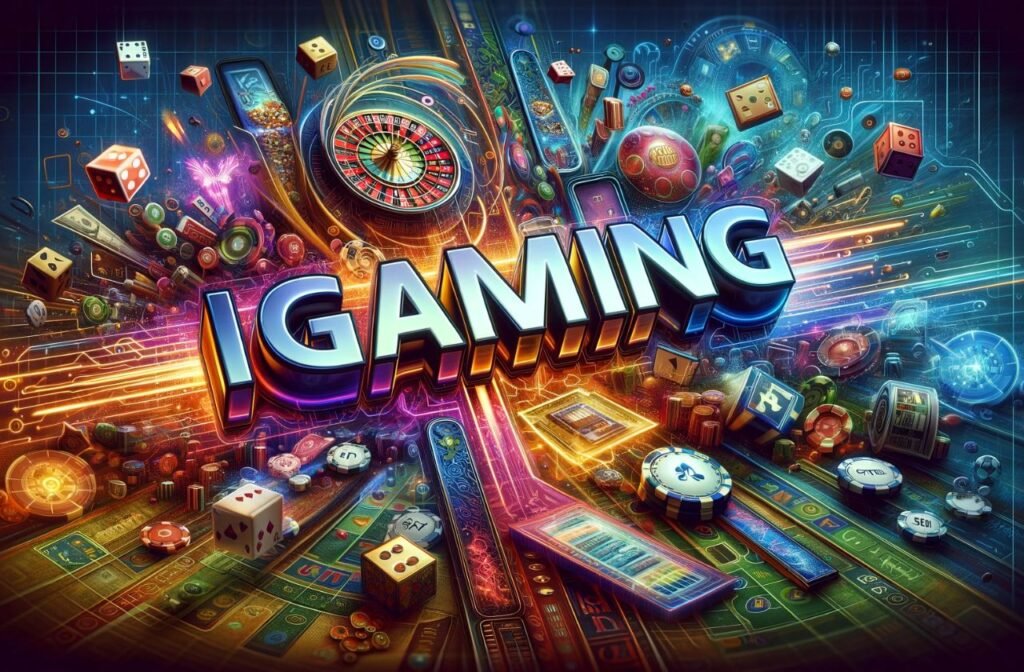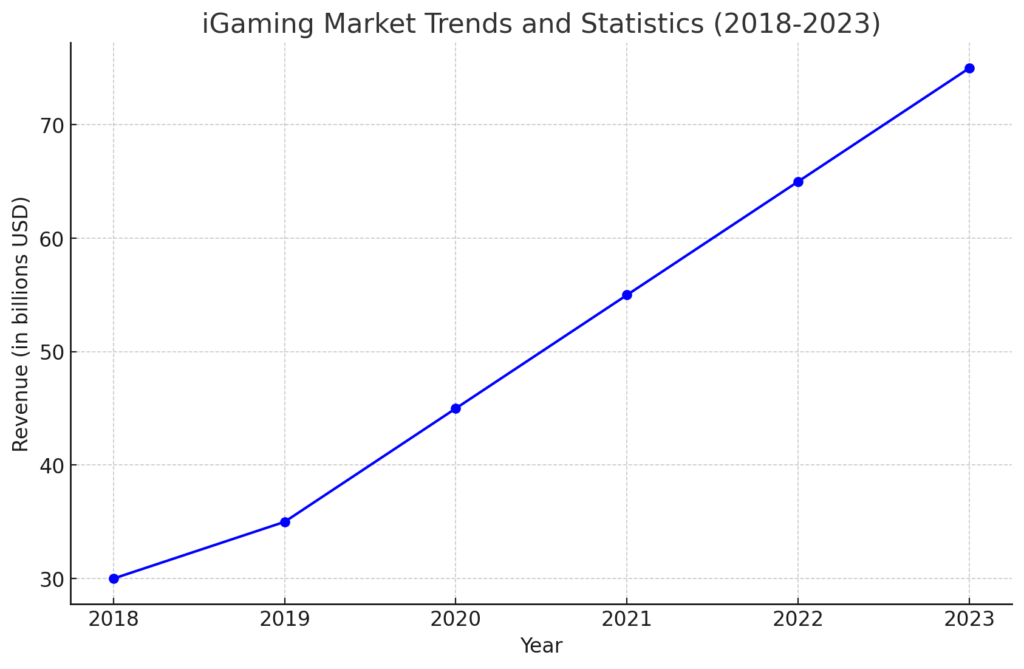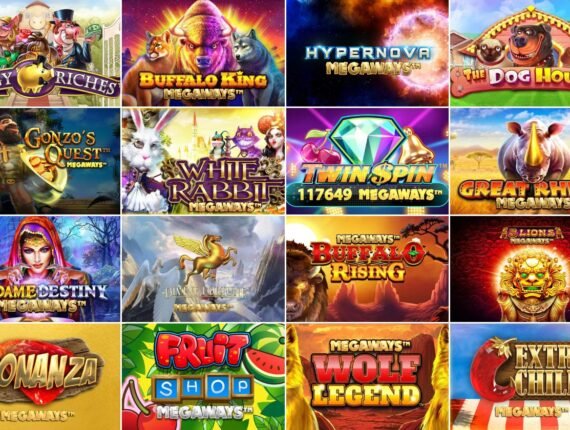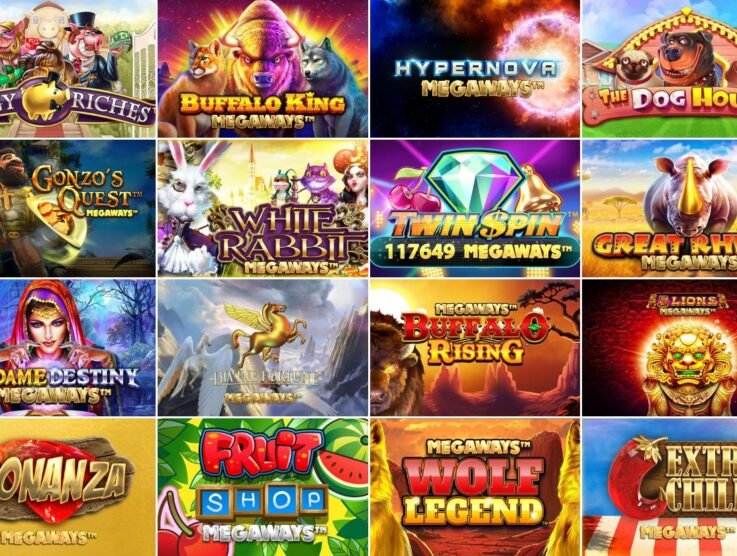Immerse yourself in the innovative world of iGaming. Discover the latest in online gaming, from top-rated casinos to advanced betting techniques. Play now!
What is iGaming?

The world of gambling has undergone a significant transformation with the advent of iGaming, a term that encapsulates the thrilling universe of online gambling. From the comfort of their homes, millions worldwide are engaging in various forms of digital betting and gaming. This article delves into the realm of iGaming, exploring its different facets, technological underpinnings, and the legal and regulatory framework that governs it.
As we embark on this exploration, we will uncover the types of online games and betting options available, understand the technological advancements that have fueled the growth of iGaming, and examine the market trends shaping its future. Furthermore, we’ll address the challenges and controversies surrounding this digital revolution in gambling, including issues of regulation, responsible gaming, and the measures in place to ensure a fair and secure gaming experience.
Join us as we navigate through the dynamic and ever-evolving landscape of iGaming, a sector that is not just redefining entertainment but also posing new questions and opportunities for the global gambling industry.
Understanding iGaming
Definition of iGaming
iGaming, a portmanteau of “Internet gaming,” represents the act of betting on the outcome of a game or event online. This digital form of gambling encompasses a variety of activities, from wagering on sports events to playing virtual slot machines, poker, and other casino-style games. It’s an industry that merges traditional gambling practices with modern technology, offering an accessible and diverse gaming experience to users worldwide.
Different Types of iGaming
The iGaming landscape is vast and varied, including several popular categories:
- Sports Betting: This involves placing bets on various sports events, such as football, basketball, horse racing, and more.
- Online Casinos: These virtual casinos offer a plethora of games, including slots, roulette, blackjack, and baccarat.
- Poker Rooms: Online platforms where players can participate in different forms of poker games against others from around the globe.
- Lotteries and Bingo: Digital versions of traditional lottery draws and bingo games, offering the same excitement in an online format.
- Fantasy Sports: A newer addition, where players build virtual teams based on real athletes and score points based on their performance in actual games.
Brief History of iGaming
The history of iGaming is a story of rapid evolution and growth. It began in the mid-1990s with the emergence of the first online casinos, following the development of secure online transaction methods. Since then, technological advancements, such as mobile gaming and live dealer games, have significantly expanded the scope and appeal of iGaming. The sector has grown from a niche market to a mainstream phenomenon, continuously adapting to new technologies and changing consumer preferences.
The Technology Behind iGaming
Software and Platforms Used in iGaming
At the core of iGaming’s success is the sophisticated software that powers it. This software is responsible for everything from game functionality to user experience. Leading software providers in the industry develop innovative and engaging games, ensuring fairness, randomness, and high-quality graphics. Additionally, iGaming platforms integrate various payment processing systems, allowing for secure and efficient financial transactions.
Role of Mobile Technology in the Growth of iGaming
Mobile technology has played a pivotal role in the expansion of iGaming. The advent of smartphones and tablets with advanced capabilities has made iGaming more accessible. Players can now enjoy their favorite games anytime and anywhere, contributing significantly to the industry’s growth. Mobile apps and responsive websites have become standard offerings from iGaming operators, catering to a generation of players who prefer on-the-go gaming.
Security and Fairness in Online Gambling
Security and fairness are paramount in iGaming. To protect user data and ensure fair play, iGaming platforms employ various technologies:
- Encryption: To secure user data and financial transactions, most iGaming platforms use advanced encryption technologies like SSL (Secure Socket Layer).
- Random Number Generators (RNGs): RNGs ensure the randomness and fairness of digital games. They are regularly audited by independent bodies to ensure integrity.
- Responsible Gaming Tools: Tools like self-exclusion, deposit limits, and reality checks help players gamble responsibly and mitigate the risks of addiction.
These technological measures are crucial in maintaining trust and credibility in the iGaming industry.
Legal and Regulatory Landscape
The legal landscape for iGaming is complex and varies significantly from one region to another. In some countries, online gambling is fully legal and regulated, while in others, it is either restricted or completely prohibited. Jurisdictions that regulate iGaming have established legal frameworks to license operators, ensure player protection, and collect tax revenues. These regulations also aim to prevent issues like money laundering and underage gambling.
How Different Countries Approach iGaming Legality
- In Europe, countries like the UK, Malta, and Spain have well-established regulatory frameworks.
- The United States presents a varied landscape, with some states like New Jersey and Pennsylvania having legalized and regulated online gambling, while others maintain strict prohibitions.
- In Asia, the legal status of iGaming differs widely, with some regions allowing certain forms of online betting and others enforcing strict bans.
The Impact of Regulation on the iGaming Industry
Regulations significantly impact the iGaming industry’s growth and operations. In regions where iGaming is legal, robust regulatory frameworks help create a safe environment for players and encourage responsible gambling practices. They also pave the way for technological and market innovations. Conversely, in areas where iGaming is restricted or banned, the industry faces challenges in terms of market access and legal operations, often leading to a rise in unregulated and unsafe gaming platforms.
iGaming Market Trends and Statistics
Current Market Size and Future Projections
The iGaming industry has shown remarkable growth over the past few years, and this trend is expected to continue. The market’s current size is substantial, with billions of dollars in revenue generated annually worldwide. Future projections indicate even more significant growth, driven by technological advancements, increasing internet penetration, and the easing of regulatory restrictions in various regions.

Key Players and Regions in the iGaming Industry
- Europe is a leading market in the iGaming sector, thanks to its mature regulatory frameworks and a high level of consumer acceptance.
- North America is experiencing rapid growth, especially in the United States, as more states legalize and regulate online gambling.
- Asia-Pacific is also a significant player, with markets like Japan and the Philippines showing substantial potential.
The industry is dominated by major players who provide a range of services, from software development to operating online gambling platforms. These key players are continuously innovating to enhance user experience and expand their market presence.
Emerging Trends and Innovations
Several trends and innovations are shaping the future of iGaming:
- The integration of blockchain and cryptocurrencies for secure and anonymous transactions.
- The use of Virtual Reality (VR) and Augmented Reality (AR) to provide immersive gaming experiences.
- The adoption of Artificial Intelligence (AI) for personalized gaming experiences and enhanced customer service.
- The focus on responsible gaming initiatives to promote sustainable and ethical gambling practices.
These technological advancements are not only enhancing the player experience but also driving the industry’s growth by attracting a broader audience.
Challenges and Controversies in iGaming
Responsible Gambling and Addiction Concerns
One of the most significant challenges facing the iGaming industry is promoting responsible gambling and preventing addiction. Online platforms can potentially increase the risk of gambling addiction due to their accessibility and ease of use. To combat this, many iGaming operators have implemented features like deposit limits, self-exclusion options, and reality checks to help players manage their gambling habits. Additionally, there are organizations and support systems in place to assist those struggling with gambling addiction.
Issues with Underage Gambling
Underage gambling is another critical concern in the iGaming industry. To address this, iGaming platforms enforce strict age verification processes and promote awareness about the legal gambling age. Despite these measures, the digital nature of iGaming can sometimes make it challenging to completely prevent underage individuals from accessing gambling sites.
Measures to Combat Negative Aspects of iGaming
The industry is taking proactive steps to address these challenges:
- Collaborating with regulatory bodies to develop stricter guidelines and enforcement mechanisms.
- Investing in technology to improve age verification and fraud detection.
- Promoting responsible gambling through educational campaigns and partnerships with organizations dedicated to preventing gambling-related harm.
These efforts aim to create a safer and more responsible iGaming environment, balancing the industry’s growth with the well-being of its users.
The Future of iGaming
Predictions for the Future Development of the iGaming Industry
The future of iGaming appears bright and full of potential. Experts predict continued growth, driven by technological advancements and an increasing number of regions legalizing and regulating online gambling. The industry is expected to evolve with consumer trends and technological innovations, making iGaming more immersive, accessible, and secure.
Potential Technological Advancements
Emerging technologies will play a crucial role in shaping the future of iGaming:
- Virtual Reality (VR) and Augmented Reality (AR): These technologies are set to revolutionize the gaming experience by providing more immersive and interactive environments.
- Artificial Intelligence (AI): AI will enhance personalization, improve customer service, and help in creating more engaging gaming experiences.
- Blockchain and Cryptocurrencies: These could provide more secure, transparent, and faster transaction methods, appealing to a tech-savvy audience.
The Evolving Regulatory Landscape
As iGaming continues to grow, the regulatory landscape will also evolve. More countries might move towards legalizing and regulating online gambling, acknowledging its economic benefits and the need for player protection. This evolution could lead to more standardized global regulations, fostering a safer and more responsible iGaming environment.
Conclusion
iGaming has not only transformed the gambling industry but also set new benchmarks in digital entertainment. By embracing technology and adapting to changing market dynamics, it has become a significant sector within the global economy.
Despite its challenges, the industry’s focus on innovation, player protection, and responsible gaming suggests a promising and sustainable future. As we witness the ongoing evolution of iGaming, it remains a fascinating sector to watch for its technological prowess and its impact on global entertainment and leisure practices.
Frequently Asked Questions
What is iGaming and how does it differ from traditional gambling?
iGaming refers to gambling activities conducted over the internet, including sports betting, online casinos, poker, and virtual lotteries. Unlike traditional gambling, iGaming offers the convenience of playing from anywhere with internet access and often provides a broader range of games and betting options.
Is iGaming legal and safe?
The legality of iGaming varies by country and region. In places where it is legal, iGaming platforms are usually regulated to ensure safety and fairness. Players should verify the legal status of iGaming in their region and only use licensed and reputable platforms to ensure safety and security.
How do online casinos ensure fair play?
Reputable online casinos use Random Number Generators (RNGs) to ensure the fairness of their games. RNGs are algorithms that generate random outcomes for each game. These systems are regularly audited by independent agencies to ensure their integrity and fairness.
Can iGaming lead to gambling addiction?
Like any form of gambling, iGaming can potentially lead to addiction. Responsible gaming practices and self-awareness are essential to prevent addiction. Most iGaming platforms offer tools like deposit limits, self-exclusion, and reality checks to help players gamble responsibly.
What are the latest trends in iGaming technology?
Recent trends in iGaming technology include the use of Virtual Reality (VR) and Augmented Reality (AR) for immersive gaming experiences, the integration of blockchain for secure and transparent transactions, and the use of Artificial Intelligence (AI) for personalized gaming experiences and enhanced customer support.







